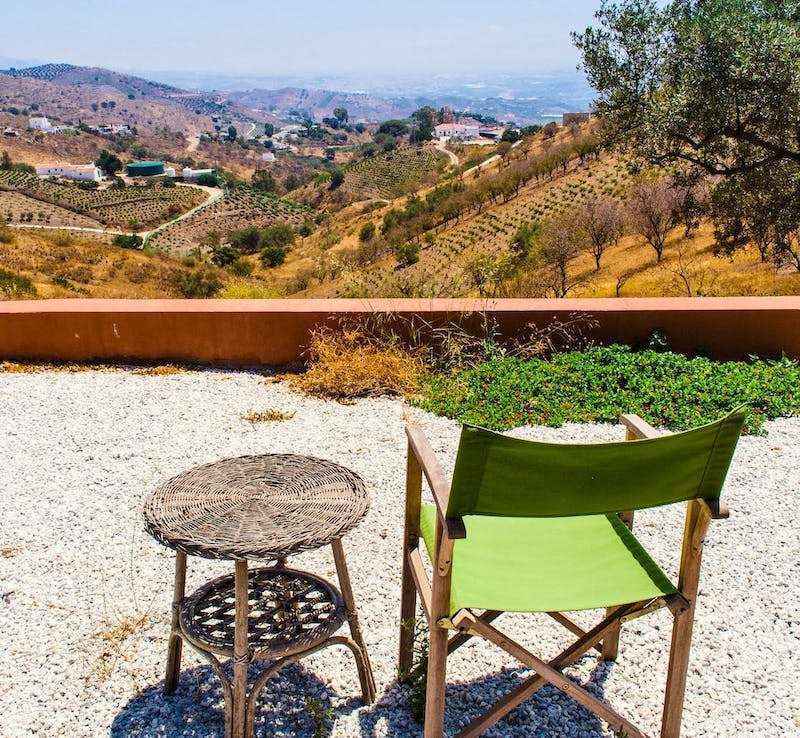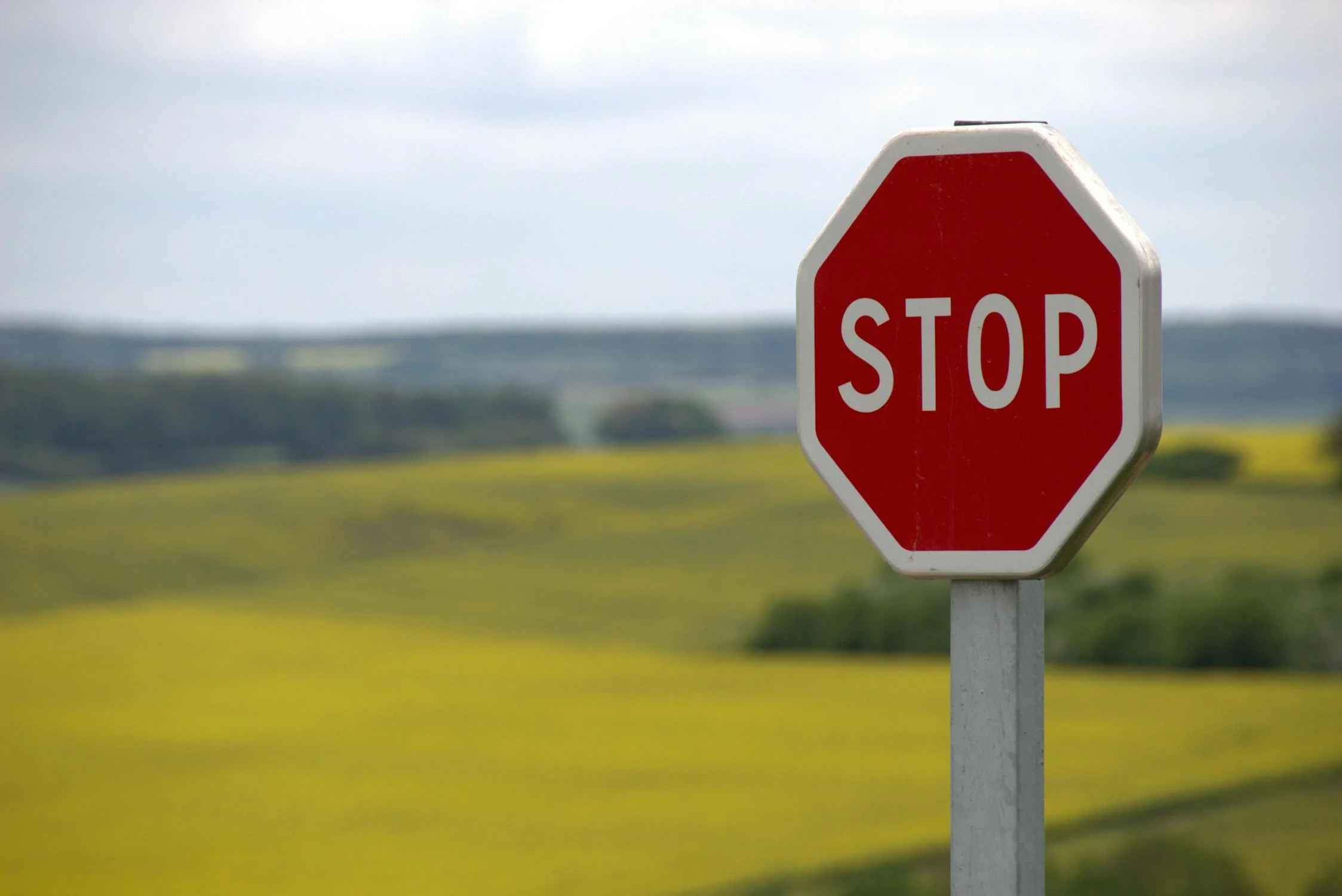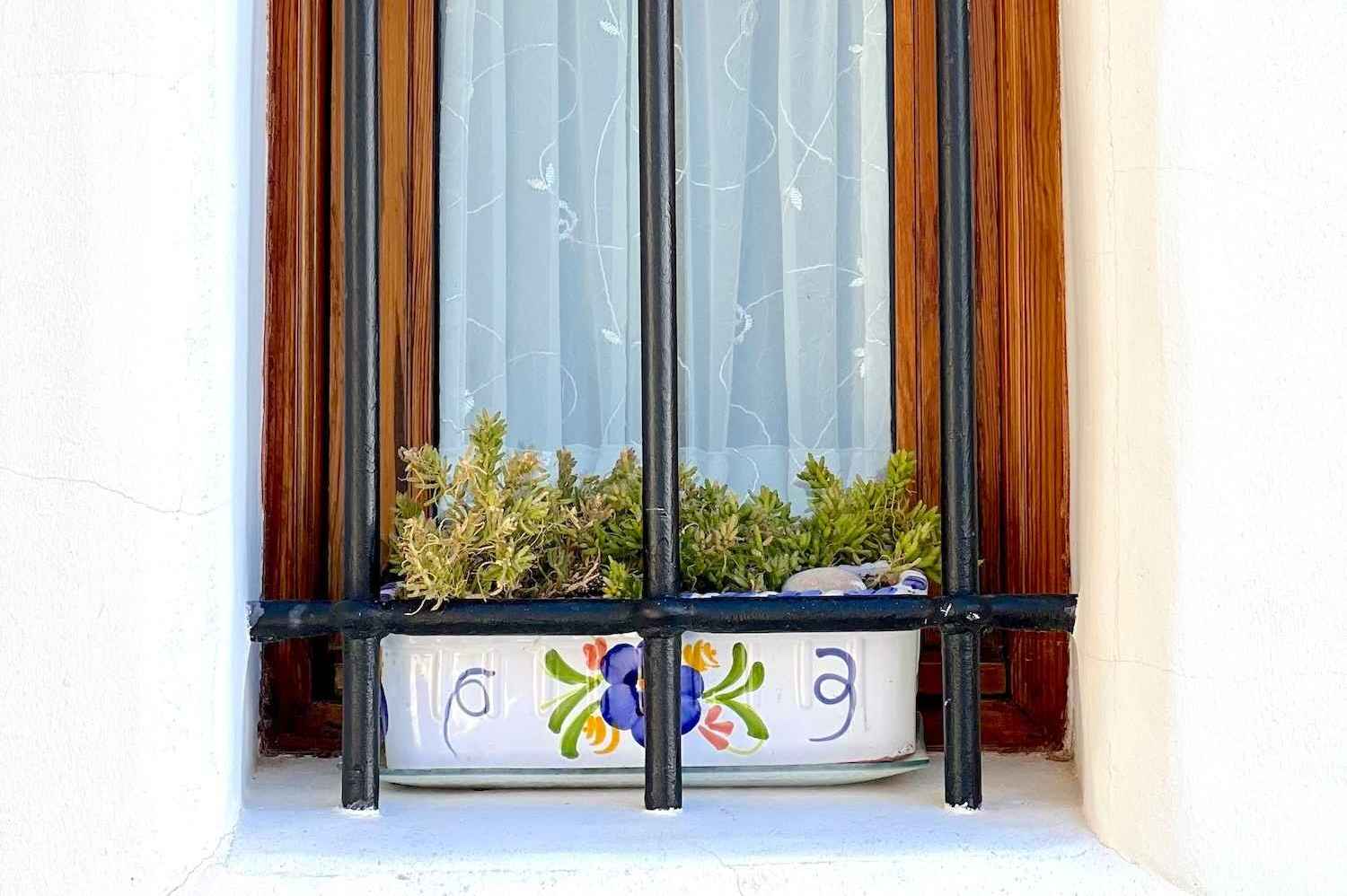What can you do if a landlord refuses to return your rental deposit in Spain?
When
renting a property in Spain, in the majority of cases, and as stated in Spain's rental law (LAU), you will be required to pay a deposit to cover possible damages that may arise during the lease. But
what happens if the owner refuses to return your deposit in Spain at the end of the contract? We explain how to deal with this situation: this is how to get your rental deposit back from a landlord in Spain.
How long does a landlord have to return a deposit in Spain?
Once a rental contract has ended in Spain, the landlord has a period of 30 days to examine the state of the property. If everything is in order, the deposit must be returned within these 30 days. In the event of any damage, the tenant will have to forfeit this amount in order to pay for the repairs.
How to request the security deposit from a landlord in Spain?
"To request the security deposit, in the first instance, it is best done by e-mail. If the landlord does not reply, then you will have to do so by burofax", explains Cesar García, director of Acounsel Abogados.
What to do if they refuse to return the deposit?
"If a landlord refuses to return the rental deposit or they want to deduct an amount from the deposit that you do not agree with, you will have to go to court to defend your rights. The problem is that most of the time the amount to be returned is so small that it is not worth hiring a lawyer and a solicitor for such a claim", explains García.
"However, if you are within a certain income range, you can request a lawyer and a court-appointed solicitor for the process, or if the amount to be claimed is less than 2,000 euros, you can do so without the need for a lawyer or solicitor," he adds.
When is a landlord in Spain not obliged to return the deposit?
A landlord is not obliged to return a rental deposit in Spain in those cases in which the tenant has caused damage equating to a cost equal to or greater than the amount of the deposit, and is not due to the normal deterioration of the use of the property. The landlord will also not be obliged to pay in the event that the tenant owes a monthly payment or has a debt with the landlord (utilities, etc.).
How much is deposit for rent in Spain?
According to the LAU, which is the law that regulates this type of operation, when the contract is signed, a deposit in cash equal to one month's rent must be demanded and paid for the rental of dwellings and two months for rentals for use other than housing (e.g. premises).
Do I have to pay another deposit if the lease is extended?
During the first five years of the contract, or during the first seven years if the landlord is a legal entity, the security deposit is not subject to updating. However, each time the lease is extended, the landlord may require the deposit to be increased, or the tenant may require it to be decreased, until it is equal to one or two monthly payments of the rent in force, as appropriate, at the time of the extension.
Where should a deposit in Spain be paid?
A landlord is requires to make a visit to the competent body for housing in his/her autonomous community to deposit the corresponding amount of the security deposit provided by the tenant. Failure to do so may result in a fine. For example, in Madrid, this must be done at the IVIMA (Instituto de la Vivienda de Madrid).
Precautions for securing the security deposit in Spain
Most of the time when the owner does not want to return the deposit, it is because they claim that the property has not been found in the state in which it had been left. To avoid these situations, whether you are the owner or the tenant, you can take photographs of the property when moving in so that when the time comes to return the deposit, there is reliable proof of the condition of the property at the time the rental contract was signed.
Source:
Idealista. Photo by Anna M. W.








